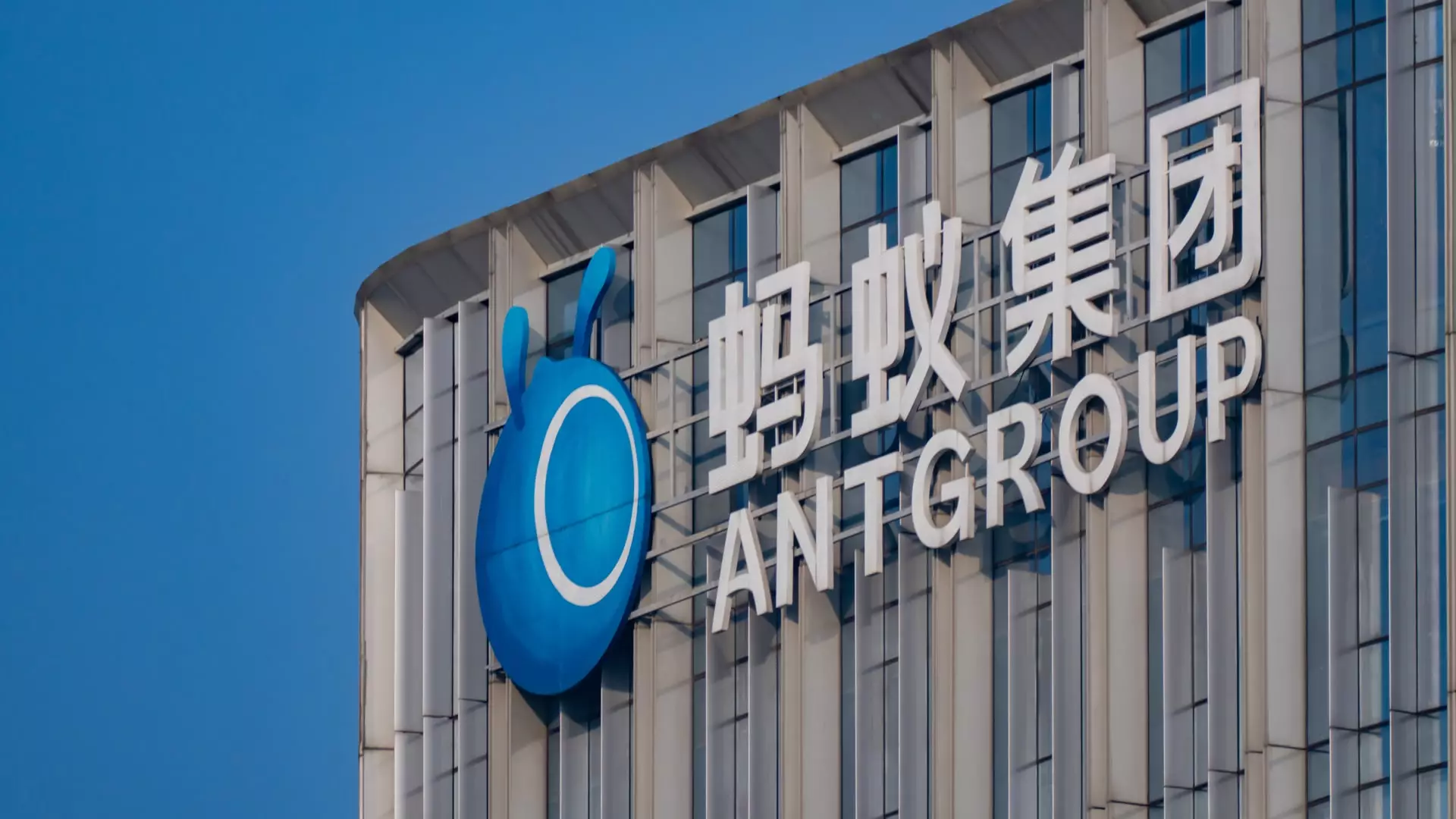Ant Group’s innovative approach to artificial intelligence (AI) development showcases the need for diverse semiconductor sourcing in the ever-evolving tech landscape. By overcoming dependency on singular suppliers like Nvidia, the company has carved a path toward a multifaceted semiconductor strategy that includes both domestic and U.S.-made chips. This adaptability signifies a not-so-subtle shift from the status quo, which is crucial for fostering resilience in China’s burgeoning tech ecosystem. Not only does this reduce the risk of supply chain disruptions, but it also plays into the global trend of innovation through cooperation across borders, something that traditionalists may view with suspicion.
Cost-Effective AI Development: A Game Changer
One of the most striking aspects of Ant Group’s strategy is its emphasis on cost efficiency without compromising quality. The reported 20% reduction in computing costs achieved through lower-cost hardware and decentralized training processes is no small feat. This outcome defies the conventional wisdom that higher expenditure correlates with better technology. Instead, Ant is demonstrating that judicious choices in hardware can yield high-performance AI models. The practicality of this approach might compel other tech giants to reconsider their reliance on expensive chips, thus democratizing access to AI technology at a time when economic disparities are starkly evident globally.
Pioneering Healthcare Solutions
Ant Group’s foray into healthcare AI solutions is particularly noteworthy. By integrating AI into medical practices to enhance patient services and streamline operations, the company is not just reaping profits; it is also addressing public health challenges in urban China. The effective employment of AI in healthcare, especially in major cities, can facilitate faster and more accurate diagnoses, a crucial asset in an industry often bogged down by bureaucracy and inefficiency. Yet, one must ponder the ethical dimensions of relying on AI for healthcare solutions — an industry laden with privacy concerns, algorithms making significant decisions about human lives, and the potential for biases creeping into AI models.
The Shadow of Geopolitical Tensions
In the backdrop of Ant Group’s advances lies a significant hurdle: the U.S.-China tech war. With the U.S. enacting restrictions on technology flows to China, including semiconductor access, Ant’s diversified chip strategy becomes more than just a smart business decision. It is an act of defiance against geopolitical constraints, illustrating a desperate need for self-sufficiency in an increasingly polarized world. However, the looming specter of regulations and sanctions raises the question: will Ant’s strides within AI be enough to withstand the seismic shifts in international relations?
The Future of AI is Collaborative
Ant Group’s blend of various semiconductor technologies also points to an essential truth about the future of AI development: collaboration across international boundaries is key. As the tech world grapples with isolationist policies, the company’s model emphasizes that competition least thrives in silos. By leveraging capabilities from both established market leaders like Nvidia and emerging players in the Chinese semiconductor market, Ant is setting a precedent for a collaborative approach to technological advancements. While apprehension about international cooperation exists, this model could yield the breakthrough innovations necessary to address global challenges that transcend borders.

